World 1901-present
Some of the most profound and influential changes in world history take place from 1901 to today and covered here are many of the important and well known ones as well as some of the smaller stories. In terms of reach this section covers huge themes on diplomacy, post imperialism and economics. The articles cover the time period right up into recent events such as the State of the Union address by the US President Barrack Obama.
Sort by:
Date (Newest first) | Title A-Z
Show:
All |
Articles |
Podcasts |
Multipage Articles
-

JFK: the medium, the message and the myth
ArticleClick to view -
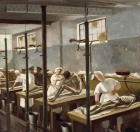
Learning lessons from genocides
ArticleClick to view -
Martin Luther King - Judge for Yourself
ArticleClick to view -
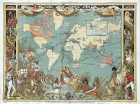
Navigating the ‘imperial history wars’
ArticleClick to view -

Nutshell
ArticleClick to view -

Polychronicon 119: The Second World War and popular culture
ArticleClick to view -
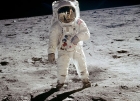
Polychronicon 137: Bringing space travel down to Earth
ArticleClick to view -
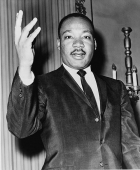
Polychronicon 138: The Civil Rights Movement
ArticleClick to view -
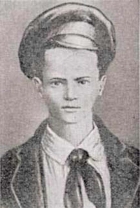
Polychronicon 139: Civic denouncer: The lives of Pavlik Morozov
ArticleClick to view -

Polychronicon 140: Why did the Cold War End?
ArticleClick to view -
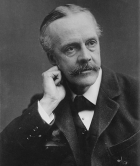
Polychronicon 143: the Balfour Declaration
ArticleClick to view -
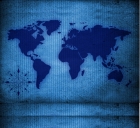
Polychronicon 156: The transnational history of the First World War
ArticleClick to view -
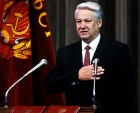
Polychronicon 164: The End of the Cold War
ArticleClick to view -
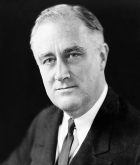
Polychronicon 177: The New Deal in American history
ArticleClick to view -
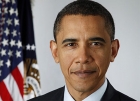
President Barack Obama and the State of the Union Address
ArticleClick to view -

Recorded Webinar: India and the Second World War
ArticleClick to view -

Recorded Webinar: Resisting Reagan
ArticleClick to view -

Recorded Webinar: ‘Drawing the Line’: the 1947 Partition of India
ArticleClick to view -

Recorded webinar: History, Politics and Journalism
ArticleClick to view -
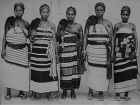
Reimagining the ‘Aba Riots’
ArticleClick to view

